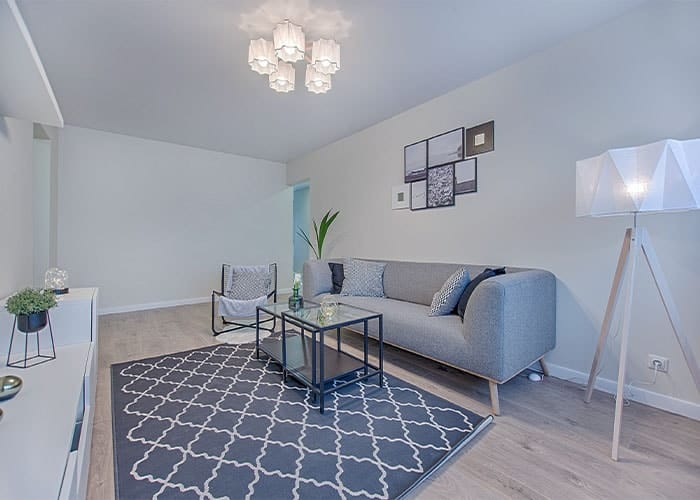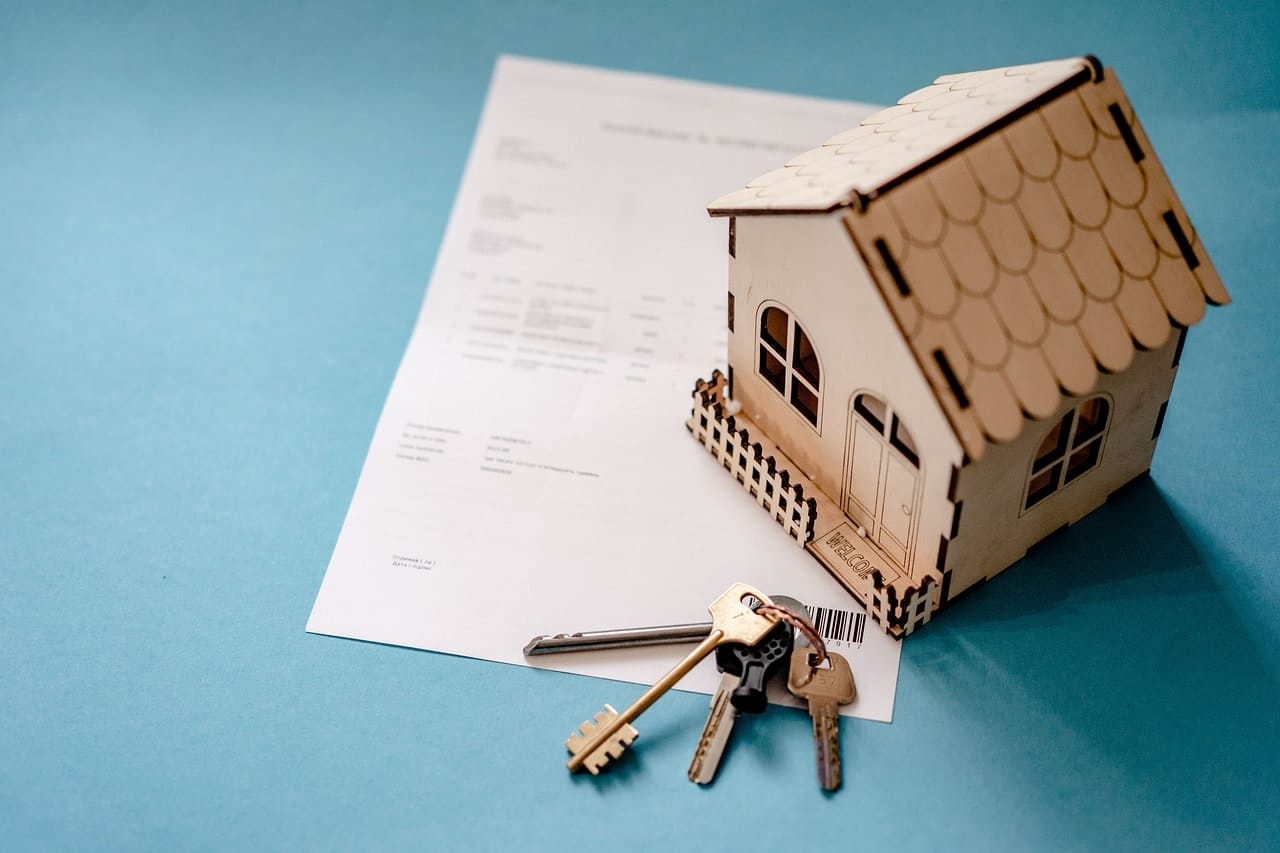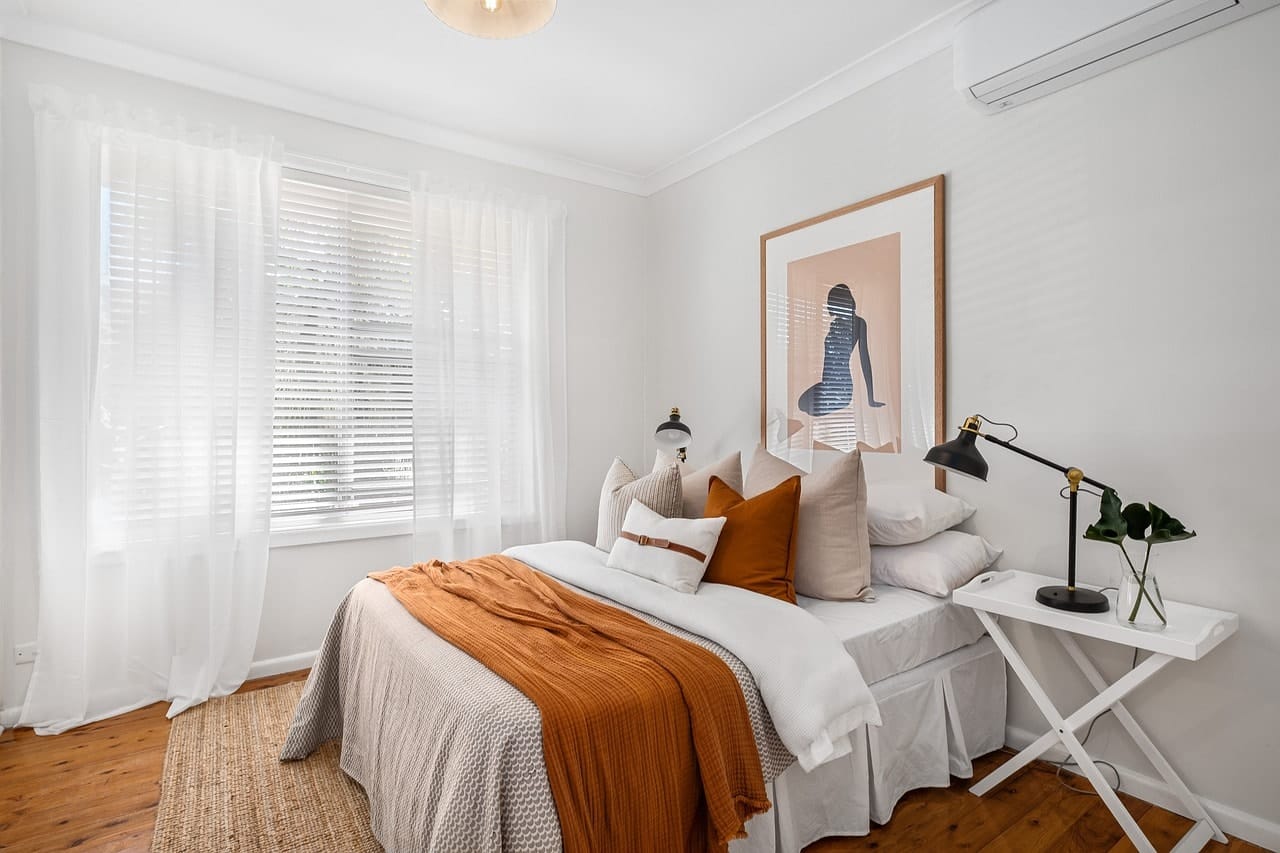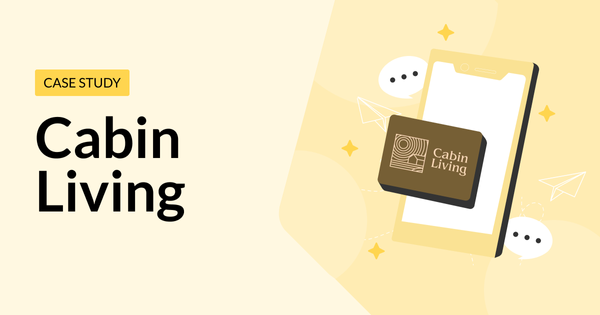Navigating a Corporate Lease: Airbnb Do’s and Don’ts

Entering into a corporate lease for Airbnb rentals comes with some risks, but so does virtually everything else in life. What makes it attractive, though, is that Airbnb offers a lot of flexibility.
Yet, many property owners underestimate the strength of short-term rentals and prefer to stick to long-term rentals out of fear. If you are an entrepreneur and looking to enter the real estate industry but do not necessarily want to invest in your own property, you can look into subletting or Airbnb corporate leasing as a viable business model.
If you find a smart landlord who you can trust, it is as straightforward as drawing up a corporate lease. This way you are on the same page and all parties are protected. Let’s take a closer look at what qualifies as corporate leasing.

What Is Subletting or Corporate Leasing?
Corporate leasing, subletting, or subleasing refers to when you find a property, sign a long-term lease agreement, and then rent it out on vacation rental sites on a short-term basis.
In legal terms, it’s a lease agreement for a residential unit where one party rents the unit from the property owner or landlord and is permitted to sublease it to individual subtenants.
The term, “rental arbitrage”, is another name that is used to describe this business model. Rental arbitrage refers to renting out a long-term rental and listing it on Airbnb or any other vacation rental platforms like Booking.com and Vrbo.
As you can charge a higher daily rate, you will be able to make a profit if it works out to more than the sum of your rent and other monthly expenses related to running a rental arbitrage business.

Is it Legal to Have a Corporate Lease on Airbnb?
Yes, corporate leasing on Airbnb is legal, but you must have written permission from the landlord before entering into a corporate lease agreement.
It’s important to remember that while corporate leasing is allowed, many landlords do not permit subletting their residential properties on Airbnb or other vacation rental platforms. Ignoring their rules could result in legal trouble, significant fines, or even eviction. Therefore, it’s crucial to get the landlord’s approval in writing beforehand.
What Are the Benefits of Corporate Leasing?
Entering into a corporate lease Airbnb can offer a number of lucrative benefits. Here are three main reasons why an increasing number of people are exploring this route:
You can start a short-term rental business without owning any property
As you will be using others’ properties, you can start a short-term rental business without owning any of your own rental properties and therefore, avoiding the majority of the risk involved.
If you plan on buying your own investment property later but are still conducting market research, corporate leasing also allows you to get started and get some practical experience while you continue with your property search.
Perhaps you are considering starting a short-term rental business but are not entirely sure you are cut out for managing vacation rentals. Corporate leasing allows you to explore the industry and ascertain whether you think you could make this business model a success or not before having to make a huge financial investment such as buying a rental property.
There will be low start-up costs
As you can start without owning any property, you do not need loads of capital to get started. The starting costs typically include the following:
- Security deposit (this is typically one month’s rent)
- Legal fees
- Insurance
- Furniture and appliances (such as a bed, linen, towels, fridge, etc.)
- First month’s rent/initial rent amount
You could also find a place that is already furnished. This setup can work to your advantage. Not only will you be able to save money on furnishings, but you can also start renting the property out immediately as the rental property is ready for the guests.
You can scale your business faster
Once you have the hang of how a corporate lease on Airbnb works, you can apply the same strategy to acquire a second property. This way you can grow your property portfolio and ultimately your business much faster.

What Are the Rules and Regulations for Subletting Short-Term Rentals on Airbnb?
Depending on where you are located, there will be a number of local laws and regulations that may apply to properties listed on short-term rental platforms. Even if you opted not to enter into corporate leasing but rather decided to buy the property instead, you would still have to follow certain rules and regulations.
In some places, local laws may restrict or ban short-term rentals altogether. In other locations, special licenses may be required. Therefore, it is up to you to do thorough research into an area’s local laws before looking for a vacation rental sublet opportunity.
If you are subletting short-term rental properties on Airbnb, you will also need to double-check that there are no other HOA rules that also apply to subletting in addition to the regular short-term rental regulations in your location. For example, if you are renting out apartments, the apartment building might have its own rules regarding subletting and short-term rentals. Some condo buildings might ban it altogether while others might require you to complete a background check on guests first and adhere to minimum booking durations to minimize the effect on fellow tenants. Local laws and regulations can stop a subletting agreement in its tracks.
How Can I Build A Successful Short-Term Rental Business Through Corporate Leasing?
Not only do you need to build your business around local regulations, but you will also need to plan for changing marketing conditions and unexpected events.

Market conditions will change continuously. One month the booking demand will be high, and the next, it could be significantly lower. By completing the following steps, your short-term vacation rentals will have a much better chance of succeeding in the long run:
1. Conduct Thorough Research
If you take the time to thoroughly research the property, its location, and the market’s seasonality before committing to a lease, corporate leasing can be an excellent way to establish yourself in the industry.
Focus your research on these areas:
The Property
When choosing a property to sublet, ensure that the potential earnings on Airbnb exceed the leasing costs. Hosts should calculate what they could earn per night versus the expenses of running the business, such as furnishing the property (if necessary), marketing, maintenance, and repairs. Depending on the property’s location and size, you could potentially earn up to three times more than your total expenses.

Location
Invest time in identifying the best cities for an Airbnb business. Factors like occupancy rate and average daily rate will make certain locations more appealing for short-term rentals, as will the local regulations and market requirements.
Location is crucial—the success of your Airbnb rentals heavily depends on it. In some areas, the gap between short-term and long-term rental rates is significant. Markets with higher short-term rental rates are ideal for a corporate leasing model.
Seasonality
Beyond market rates, consider the impact of seasonality. If an area is only popular for a few months of the year, it could threaten the success of your business. This is a reality in many cities, so be sure to conduct your research thoroughly. If you’re new to vacation rentals, consider collaborating with a real estate agent or agency specializing in short-term rentals.
Alternatively, use analytical tools like AirDNA, Mashvisor, or AllTheRooms. These vacation rental data platforms can help you estimate potential occupancy rates and overall Airbnb income in advance, allowing you to rule out cities with low potential returns for corporate leasing on Airbnb.

2. Find a Reliable Property Owner to Partner with for a Corporate Lease
One of the biggest challenges you’ll face is finding a property owner who is open to the idea of corporate leasing. Many property owners are not comfortable with subletting, as it’s less conventional than a standard long-term lease and comes with its own set of risks.
You must be prepared to clearly explain what corporate leasing involves and emphasize the benefits for both parties. Sometimes, you’ll need to think creatively to make your case. However, it’s crucial to be completely honest about all aspects and present a balanced view.

Key Considerations:
Be Transparent About the Risks
While it might be tempting to downplay the potential risks when pitching to a property owner, it’s important to acknowledge them. Find a way to turn these risks into positives. For instance, even though there will be more guest traffic, this allows you to address maintenance issues more quickly, preventing bigger problems down the line.
Have a Clear Plan
Make sure the landlord understands how Airbnb corporate leasing works. Take the time to ask if they have any questions or concerns, and address these thoroughly. This approach ensures both parties are on the same page and shows that you are committed to protecting their interests as well as your own.
Stay Positive Even If Rejected
Sometimes, despite your best efforts, the property owner might still turn down your proposal. They may even decide to explore the Airbnb market independently or increase your lease payments after seeing your success to boost their own profits.
Instead of feeling discouraged, view this as a sign that you effectively pitched the idea or that your rental arbitrage business is thriving. Move on and look for other property owners who are interested in transitioning from traditional long-term rentals to short-term rentals but prefer not to handle it themselves.
3. Ensure Your Corporate Lease Agreement is Correct
Getting the lease agreement right is crucial and can determine the success or failure of your new venture. If you’re signing as an individual, it’s essential that the terms specify that you are allowed to rent out the property on a short-term basis to other guests. Here are some tips to help you negotiate a corporate lease agreement:
Be Transparent to Avoid Breaching the Lease Agreement
Be honest and straightforward about the arrangement to avoid violating the lease terms. Clearly present the benefits to the property owner: they receive a guaranteed rental income while you assume the risks of maintaining occupancy and handling the additional administrative tasks associated with a short-term rental business. Also, mention that you will purchase damage insurance to protect the property. Going above and beyond is a good business practice.
Agree to Reasonable Additional Terms
Be open to agreeing to reasonable extra conditions, such as vetting and verifying all guests before their stay or agreeing to pay a larger security deposit.
4. Think About Forming an LLC
If you are seriously considering corporate leasing, it might be wise to establish a Limited Liability Company (LLC).
By signing the lease agreement under the name of your LLC, you are not required to disclose the individual guest who will be staying at the property. This approach is entirely legal and helps avoid complications related to third-party occupants.
5. Create an Attractive Airbnb Listing
Once you have the property owner’s approval, your next step is to set up the listing page. All your previous efforts will go to waste if your listing doesn’t attract guests.
To make your listing appealing on Airbnb, you need three key elements: high-quality photos, a captivating title, and a compelling property description. To maximize your listing’s potential, consider hiring a professional photographer. Your photos are the first thing Airbnb users notice about your property, so they need to be as eye-catching as possible to stand out from the competition.

You might feel more at ease typing on a keyboard than taking photos. When writing your title and description, emphasize the unique features of your Airbnb property. In today’s AI-driven world, you can even ask ChatGPT to assist with the writing! Also, be upfront about any potential issues, like a noisy street, to prevent problems later on.
Here are some additional tips for creating an effective Airbnb listing:
- Add small touches, like a throw blanket or a vase with flowers, to make your space appear more stylish and inviting.
- Provide a comfortable workspace for business travelers, as digital nomads are a rapidly growing segment of guests.
- Set clear house rules and place them where guests can easily see them.
- Avoid offering one-night stays, as these can be riskier and require more effort on your part.
- Clearly specify the property’s location.
- Describe the neighborhood and highlight local attractions that are within walking distance.
- Highlight unique amenities, such as fireplaces, pools, or king-sized beds.
- Upload a high-quality photo of yourself (guests feel more comfortable when they know what their host looks like) and verify your Airbnb host profile.
6. Automate Your Business to Simplify Administrative Tasks and Reduce Costs
Using automation software like iGMS can help you eliminate time-consuming administrative tasks, allowing you to focus more on growing your business. It also helps reduce costs by providing a comprehensive platform to manage your properties without needing a third-party property manager. Even if you manage just one property, you’ll still benefit from the efficiency and optimization of property management.
7. Start thinking about the next property you want to sublet when your first one is up and running
Once you’re more familiar with the ins and outs of corporate leasing Airbnb properties and your first unit is up and running, you should start thinking about acquiring a second property. Many successful hosts have multiple units rented out under this business model. You can follow the same expansion plan by automating your business and letting your new property generate rental income on its own while you explore more properties for investment.
Navigating a corporate leasing agreement for Airbnb can be a rewarding venture if approached with thorough research, careful planning, and clear communication with property owners. By understanding the local regulations, partnering with trustworthy landlords, and leveraging tools to automate and optimize your business, you can build a successful short-term rental portfolio without the need to own property. As the market for vacation rentals continues to grow, now is the perfect time to explore corporate leasing as a viable business model.
Ready to take the next step and simplify your property management? Start Your Free Trial with iGMS today and experience seamless automation.






